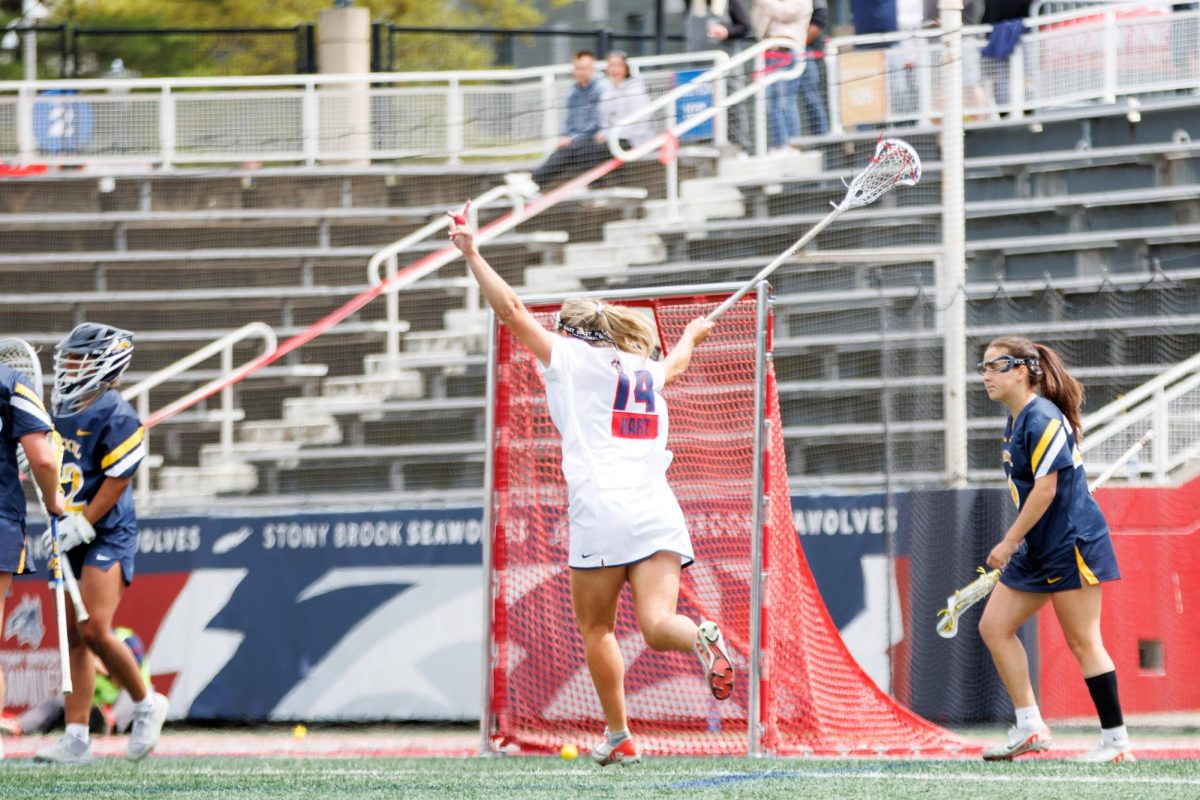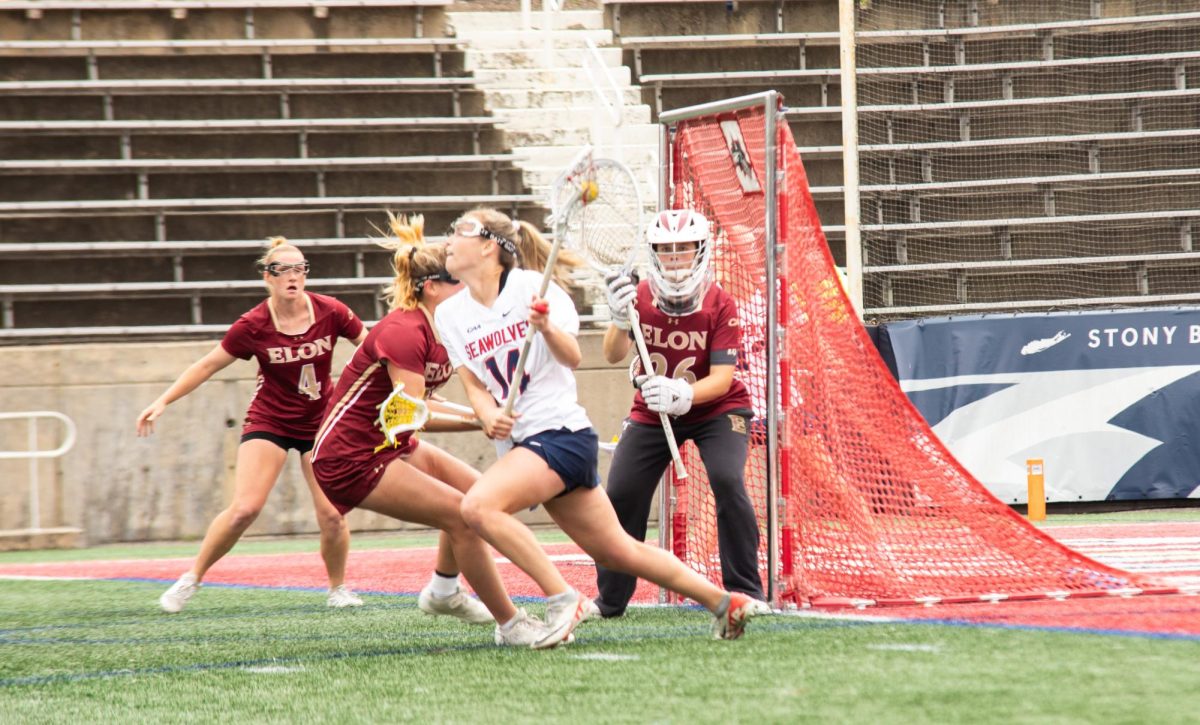It was just a few days ago that denizens of cyberspace and even its casual tourists had to aid in fending off intruders of a free and open Internet. The Stop Online Piracy Act (SOPA) and the Protect IP Act (PIPA) were ostensibly created to protect online copyrighted material by preventing the sharing and distribution of such material. However, technologically savvy individuals, entrepreneurs, professors, legal experts and advocates of free speech raised some very valid concerns.
Cody Moore, a computer science student here at Stony Brook University, voiced his misgivings. “They’re definitely an infringement on rights. The Internet is a constant flowing stream of many forms of media,” Moore said
“It’s like using a strainer to pick up water. PIPA is probably worse than SOPA because SOPA just attacks the webhosts and DNS (domain name system) while PIPA has the ability to monitor and track everyone doing anything on the Internet, thus being much more of an infringement to rights and civil liberties.”
There are many issues that would be created by the passage of bills like SOPA and PIPA. Firstly, I highly doubt the government was eager to pass the legislation because of its good intentions and desire to improve the lives of their citizens.
Their enthusiasm probably has more to do with staying in the Motion Picture Association of America’s good books in order to receive generous campaign contributions from them, as well as from from other large companies. The MPAA actually spent over $1.2 million lobbying for the passage of SOPA/PIPA.
Aside from such implications of corruption, there are other issues that such legislation posed. SOPA and PIPA would have allowed the government to restrict foreign websites (like China does with its “great firewall”). They would have allowed law enforcement to shut down entire domains just because of one webpage or blog having copyrighted material. Disgruntled politicians would have had the power to take down anything on the Internet that was critical of them or the government by somehow labeling it as slanderous or as copyright infringement.
Another issue, one that is perhaps more relevant to the average student who does not own an internet domain is “deep-packet inspection,” meaning that law enforcement would be able to rummage through all the content a person is sends and receives. You would literally have no privacy online. PIPA is also very vague about what constitutes as copyright infringement and could be utilized for political purposes, such as silencing opposing opinions.
These are just a few of the issues that are raised by the consideration of bills like SOPA and PIPA. The drafting of SOPA has been postponed (not completely cancelled), as has the vote on PIPA, but this does not mean that those who enjoy the Internet in its current unadulterated form should rest easy. There is still the Anti-Counterfeiting Trade Agreement (ACTA) to get flustered about.
If the name sounds somewhat unfamiliar that’s because it’s supposed to be something of a secret. ACTA is supposed to regulate international standards amongst signatory states for intellectual property. It’s being negotiated in secret, though those involved in the entertainment industry have been asked for their input.
However, the people this new legislation will affect will be kept in the dark even though there have been multiple requests for further information. The negotiations are being classified as a matter of national interest.
This treaty deals with copyright laws, not the location of wanted terrorists. The text of the treaty was provided to multiple governments around the world, as well as lobbyists from various industries, but the public was not allowed to gaze on such sensitive information.
Perhaps it has something to do with how quickly and blatantly the Internet reacts to what it rightfully disagrees with.
There are a handful of issues we already have with ACTA, despite not being given knowledge of all of its effects.
•ACTA was just recently divulged to the public and by this point a good part of ACTA has been ratified so the common folk cant really do anything about it.
The fact that a treaty that will affect everybody is negotiated in secrect, and is kept mostly hidden from those who it primarily burdens, is unacceptable and should raise a lot of red flags.
•The Obama administration is also claims that ACTA is not a treaty but is an “executive agreement” and will not be put forth for legislative approval.
•The wording of ACTA is very vague and would allow for things like completely unintentional copyright infringement to become serious criminal acts.
•The writers of ACTA, called the “ACTA Committee,” are not accountable to the people which the agreement affects. While we can rid ourselves of people like congressman Lamar Smith (who endorsed SOPA/PIPA) we would have no power over the ACTA Committee. ACTA would also criminalize commendable acts such as whistleblowing (e.g. Wikileaks) because of the technical breaches involved.
Information Systems major Nima Binayifaal succinctly summarized concerns about ACTA: “If you even vaguely know how the Internet works, then you’d know that ACTA will, not potentially, but definitely will shatter how the Internet fundamentally works.”
The consequences of ACTA would be Internet censorship, restricted freedom of speech, loss of net neutrality, total surveillance of ALL your online activities, restriction of civil rights and punishment, such as losing your Internet access or even worse, prison.
Illegally downloading a Michael Jackson song lands you in prison for five years. The guy who killed him got four years in prison. The money from these lawsuits don’t benefit creative people like artists, musicians and researchers. All of it goes to the RIAA (Recording Industry Association of America and the MPAA, who are doing it just so they can protect their obsolete business models.
Copyright infringement is covered as stealing under the law, but these bills and treaties expand the government’s powers to frightening heights. Ultimately I plead everyone to take a few minutes to educate themselves on bills like ACTA and SOPA, and take a stand before it’s too late, and we’re yet again under the rule of a law that takes away our freedoms, similar to the effects of the Patriot Act.
It’s no longer okay not to know how the Internet works.






